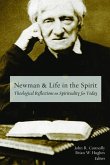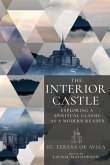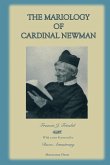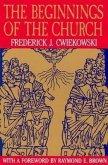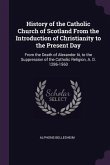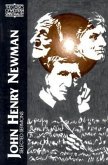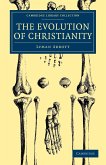The coming of modern historical research had religious consequences, especially in the more traditional churches to which history was very important and which themselves helped to create the historical sense. In this classic work, long unobtainable but now revised with a new introduction, Owen Chadwick traces the development of the notion that change in Christian doctrine was both possible and legitimate. Bossuet in the seventeenth century represented the opinion that Christian doctrine never or hardly changed: Newman in the second half of the nineteenth century saw that its expression necessarily changed in a changing society. This book shows how one opinion changed into the other, and explains the difficulties and tensions behind Newman's attempt to persuade an inherently conservative institution to face reality. In so doing it thus illuminates one vital aspect of the arrival into European thought of a distinct historical sensibility.
Hinweis: Dieser Artikel kann nur an eine deutsche Lieferadresse ausgeliefert werden.
Hinweis: Dieser Artikel kann nur an eine deutsche Lieferadresse ausgeliefert werden.



